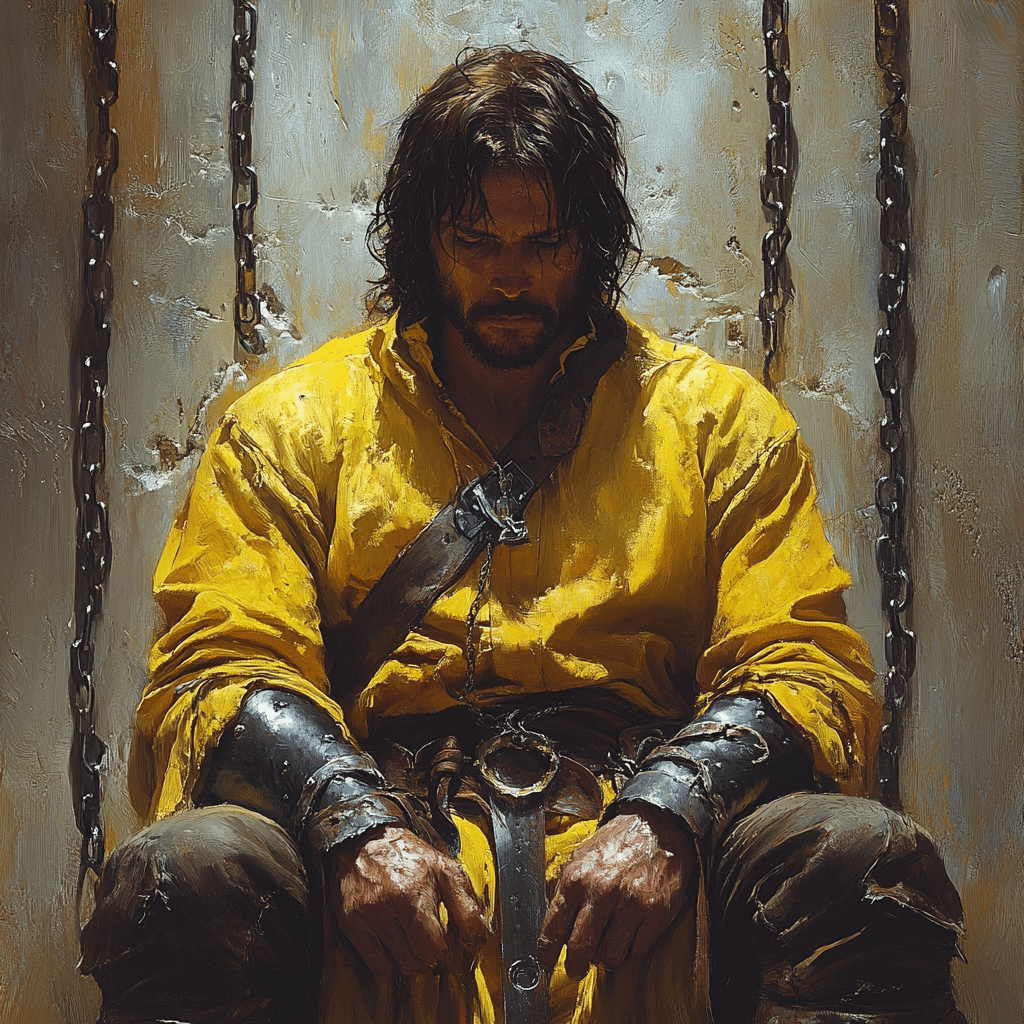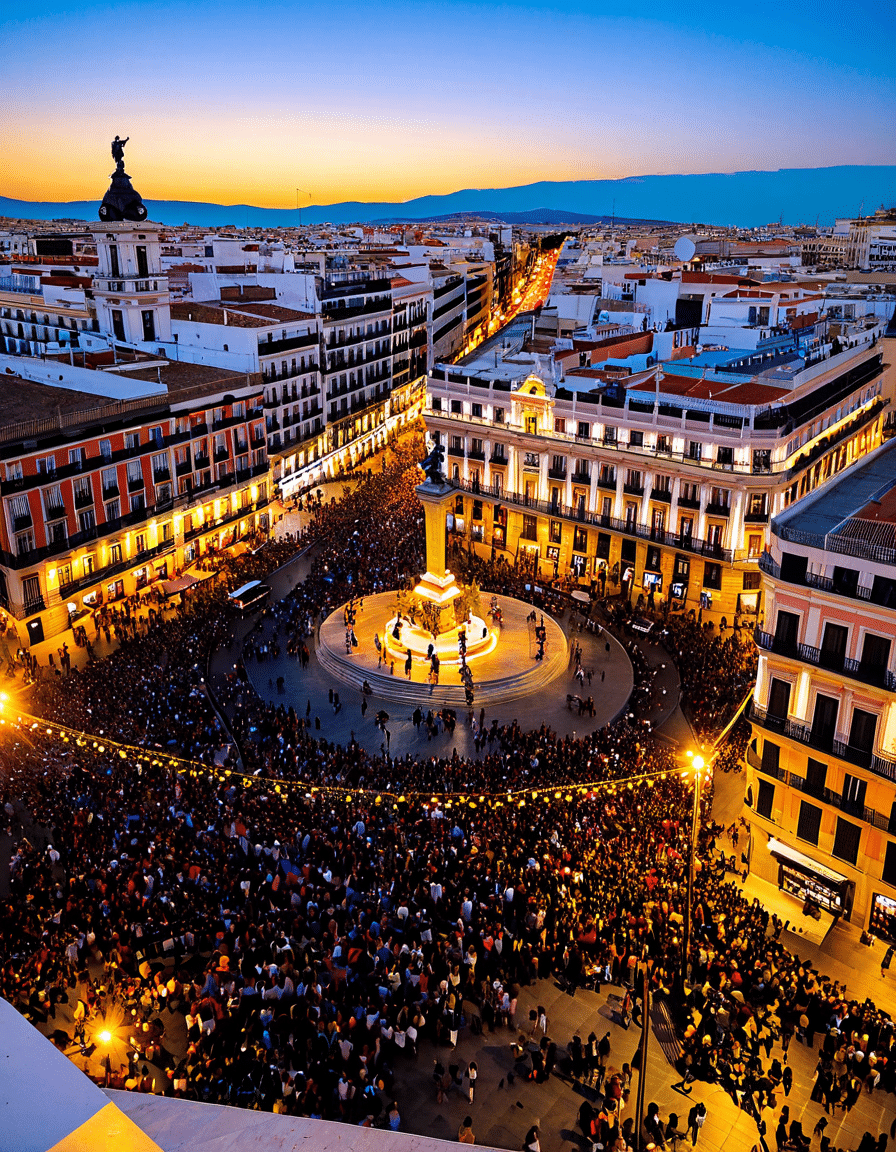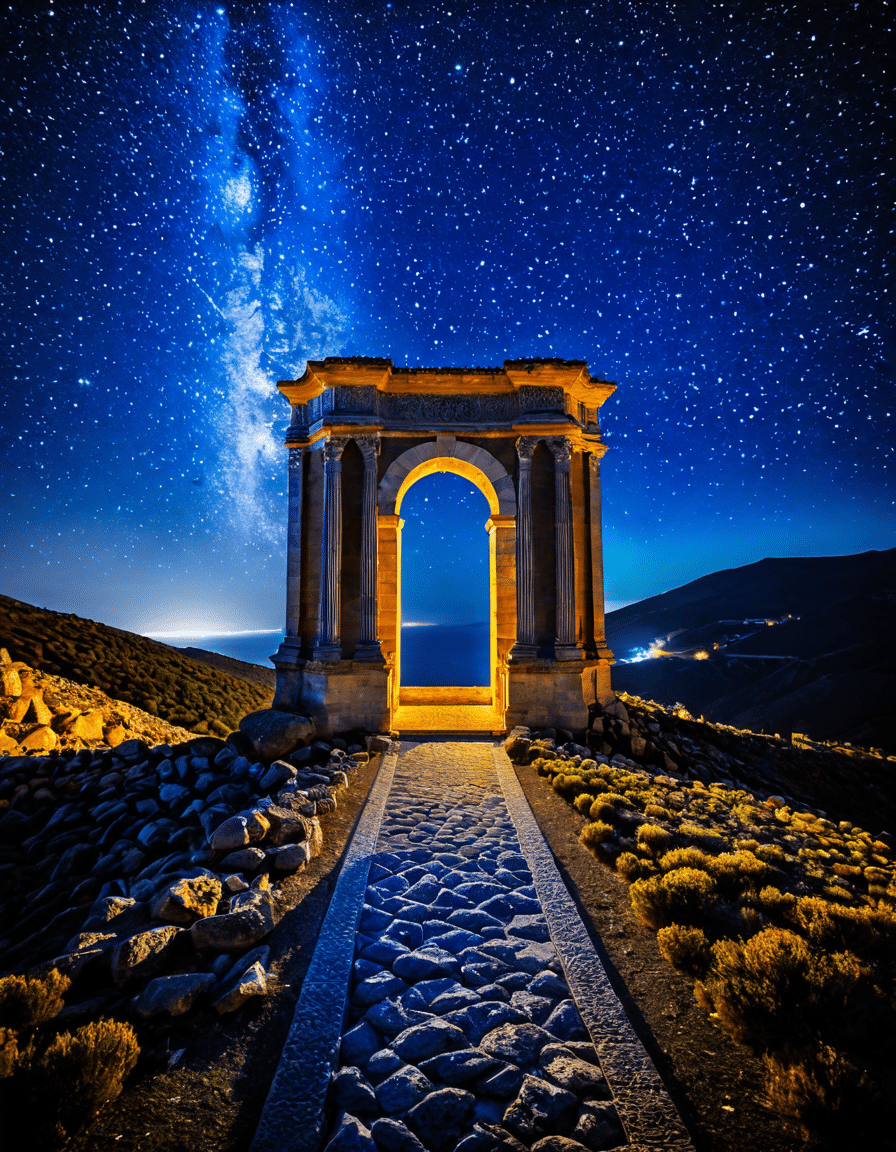Reza Aslan stands as a fierce voice in contemporary dialogue about faith, identity, and religion. His multifaceted experiences weave a rich tapestry that invites us to explore the deeper questions of belief and belonging. From the early days of his immigration to the United States to his current role as a celebrated author and academic, Aslan’s story is a testament to the exploration of faith that transcends singular narratives. This article delves into key moments in Aslan’s life, the role of intersectionality in his narrative, his influence on modern discourse, and his vision for future generations.
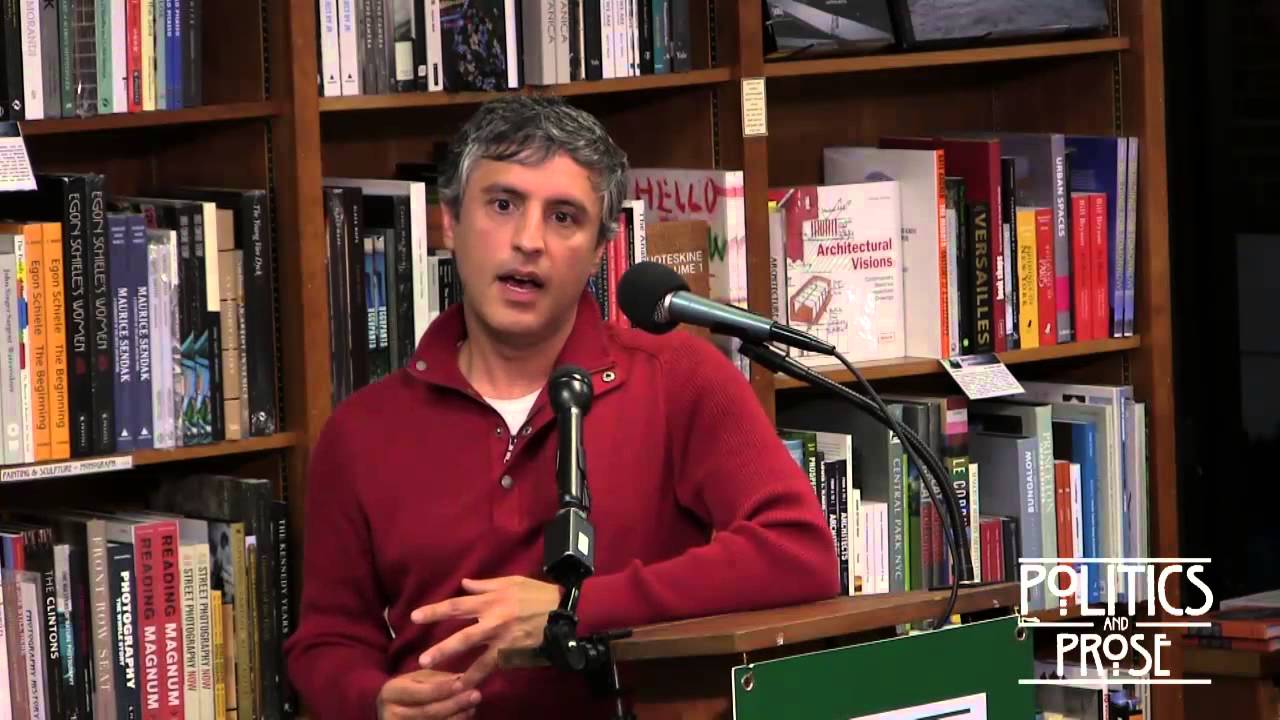
5 Key Moments That Shaped Reza Aslan’s Perspective on Religion
Reza Aslan’s experiences reveal how pivotal moments can shape one’s worldview. Let’s take a closer look at five key moments that have influenced Aslan’s insights into faith and identity:
Aslan’s family made a significant move from Iran to the U.S. right before the Iranian Revolution. This moment wasn’t just a change of scenery; it was a shift that molded his understanding of religious plurality and intercultural dynamics. Straddling two worlds, he learned to appreciate the diverse landscapes of belief.
The teenage years saw Aslan converting to an Evangelical form of Christianity at age 15. However, as he dove deeper into his college studies on Islam, he found his way back to his Islamic roots. Today, he embraces Sufi beliefs while holding Shia Islam in high regard. This journey illustrates how fluid and often non-linear faith can be.
His time at Harvard and the University of Iowa profoundly influenced his perspectives. With a PhD in sociology, Aslan developed a lens through which he could critically analyze religious texts and practices. His academic background is a bedrock in understanding the complexity of belief systems.
Aslan’s book, “Zealot: The Life and Times of Jesus of Nazareth,” thrust him into public discourse. This work challenged traditional views of Jesus, delving into the socio-political currents of his life. The discussions that ensued pushed people to reconsider the narratives they accepted as gospel.
Aslan doesn’t shy away from tough conversations. His appearance on shows like “Real Time with Bill Maher” sparked widespread discussions about Islam. His articulate defense against stereotypes reflects his commitment to interfaith dialogue in a modern world that often leans toward division.

The Role of Intersectionality in Reza Aslan’s Narrative
Reza Aslan’s life and work exemplify the concept of intersectionality, underscoring how overlapping identities shape personal experience. He embodies a blend of Iranian heritage, American experiences, and academic pursuits, which creates a rich dialogue about identity:
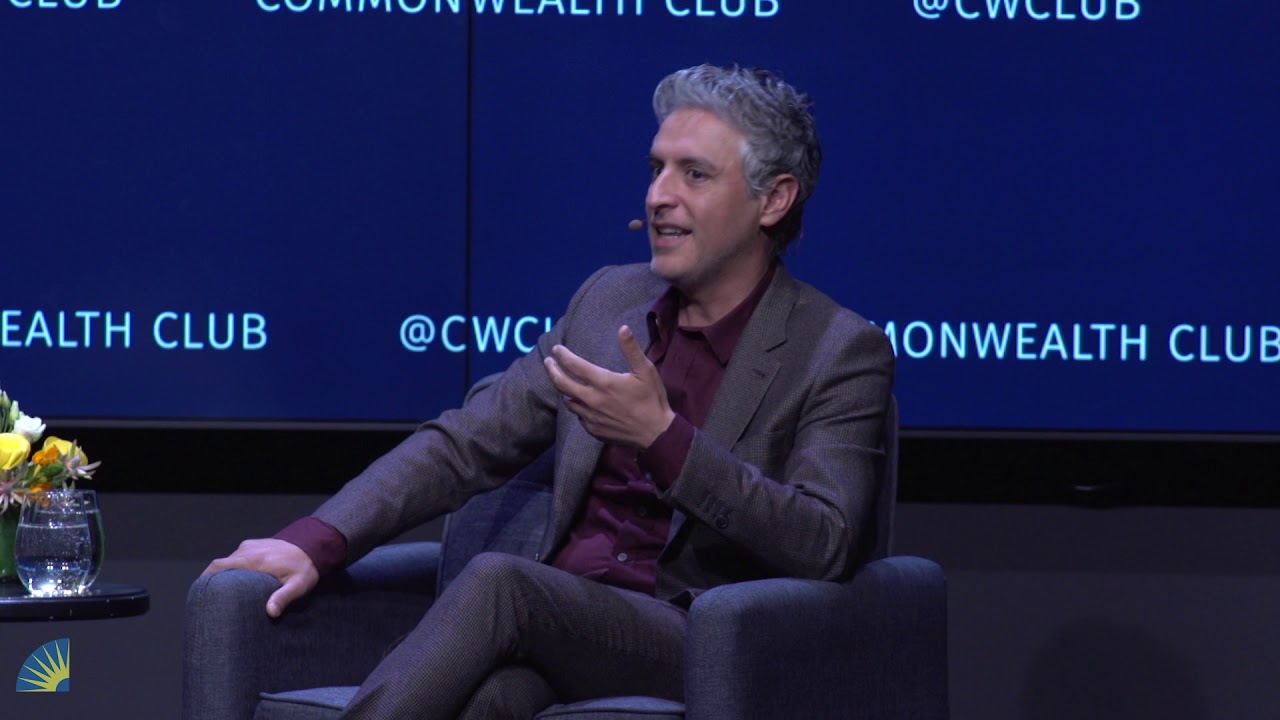
Reza Aslan’s Influence in Modern Discourse on Religion
In a polarized society, Reza Aslan emerges as a critical voice advocating for compassion and dialogue in discussions about faith. His contributions extend far beyond mere commentary; they provoke deeper examination of religious texts and their implications in today’s world.

Transforming the Narrative: Aslan’s Vision for Future Generations
Aslan embodies a forward-thinking vision for understanding faith as a dynamic part of identity. He inspires the next generation to face the intricacies of belief head-on and embrace the diversity that enriches human experience.
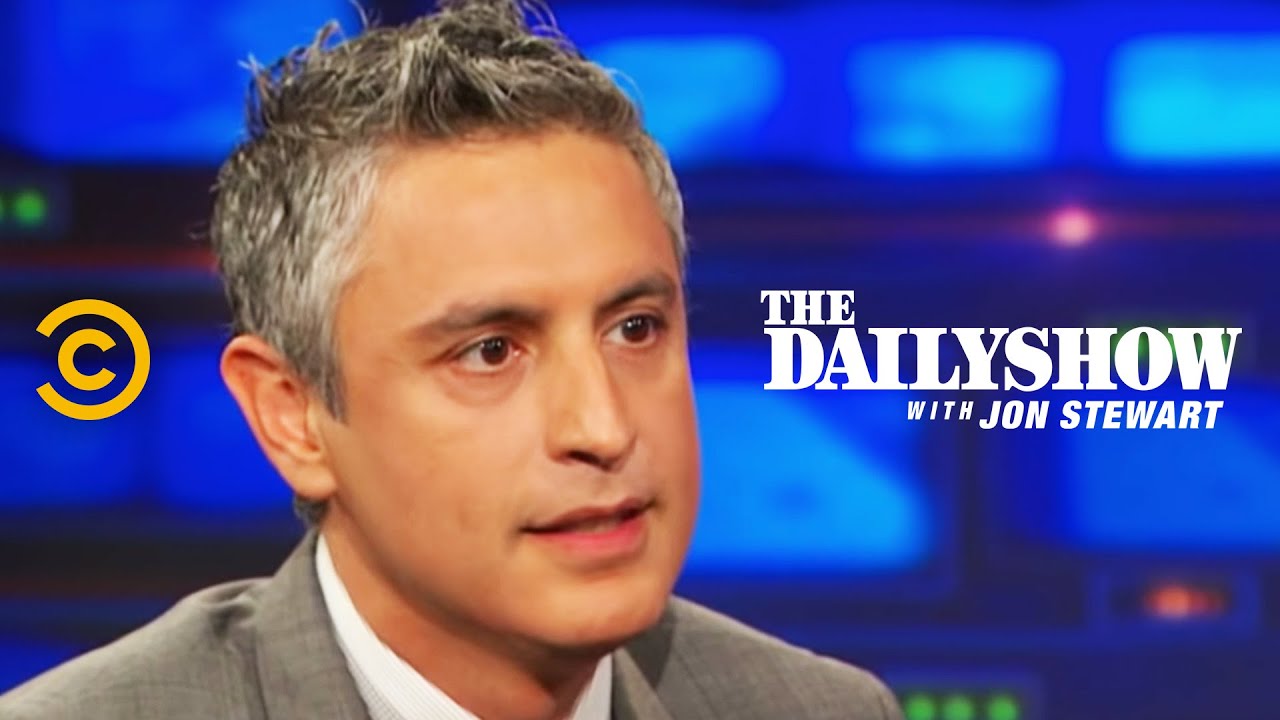
A Call to Embrace Complexity
Reza Aslan’s journey through faith and identity challenges us to rethink our simplistic views of religion. He pushes us to dig deeper, to unravel the rich threads that make up our understanding of belief. In a world rife with division, Aslan’s commitment to dialogue and his embrace of diverse perspectives light the way forward.
By fostering conversations and encouraging exploration, Aslan’s influence continues to shape our collective understanding of faith. Faith isn’t just a label we wear; it’s a complex, evolving part of who we are. As we navigate our paths, may we have the courage to explore the beautiful complexities that define our shared human experience.
For the enthusiasts of modern discourse, Aslan leaves us a call to action: Let’s embrace complexity, reject division, and strive for understanding amidst our myriad beliefs. Just like the witty points made in Kick-Ass 2, let’s celebrate the diversity that adds color to our narratives, much like how Bleu Chanel perfectly blends sophistication and edge. In the end, wasn’t it all that faith and identity needed—a little embrace of complexity?
Reza Aslan: A Journey Through Faith and Identity
The Many Facets of Reza Aslan
Reza Aslan has become a notable figure not just as a writer and scholar, but also as a public intellectual who dives deeply into faith, culture, and identity. Alongside his captivating books, he has made guest appearances on various media platforms, reminding audiences of the intricate links between personal belief systems and broader cultural narratives. Much like how Kick Ass 2 blends action and humor, Reza’s work blends thought-provoking insights with engaging storytelling. You can also find him discussing contemporary issues, much like Sonstar Peterson does in his recent projects, shedding light on themes that resonate across generations.
Trivia That Ties in with Aslan’s Life
Did you know that Reza Aslan was born in Iran and moved to the U.S. at a young age? This early-life transition significantly influenced his perspectives on religion and identity. As a storyteller, he’s been compared to the more fantastical elements found in shows like Manifest Season 4, where characters grapple with their destinies. Speaking of captivating stories, Aslan’s ability to weave personal anecdotes into larger themes reminds one of how the quirky humor in “Zookeeper (2011)” resonates with audiences seeking a mix of laughter and life lessons.
The Evolution of Four Faiths
Reza Aslan’s exploration into the world’s religions often highlights their evolution and interconnectivity, much like how fans of sports often wonder, What channel Is The Bills game on? as they engage with their favorite teams. This curiosity about different paths—whether it’s through faith or the bits of pop culture that surround us—opens doors to understanding. Similarly, Aslan’s insights reflect the changing nature of belief, and he encourages readers to reflect on their own identities just as Pussybulge challenges traditional norms in body image discussions.
In a world where stories and identities constantly change, Reza Aslan stands as a beacon for those willing to explore their faith and cultural narratives. His journey serves as a reminder that understanding ourselves and others is a continuous and enriching process, one that’s full of fascinating conversations waiting to unfold.
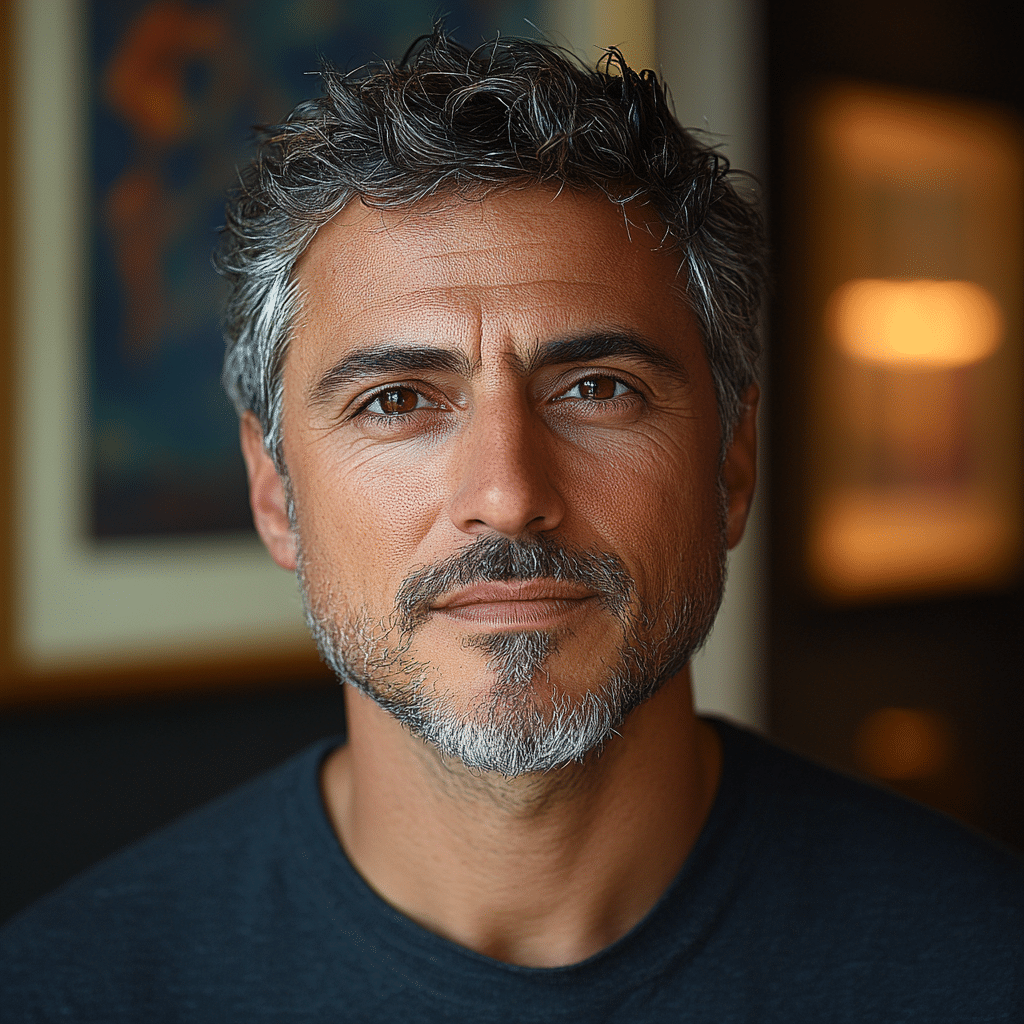
What is Reza Aslan’s religion?
Reza Aslan practices Sufi Islam but has a deep respect for Shia Islam as well.
Who is Reza Aslan’s wife?
Reza Aslan is married to Jessica Aslan.
Does Reza Aslan have a PhD?
Yes, he holds a PhD in sociology, earned at the University of California at Santa Barbara.
How many kids does Reza Aslan have?
Reza has four kids with his wife.
What race is Aslan?
Aslan is of Iranian descent.
What’s Aslan’s name in the real world?
His full name is Reza Aslan.
What ethnicity is Reza?
Reza Aslan is of Persian ethnicity.
Who is the husband of Susan Pevensie?
Susan Pevensie’s husband is mentioned in the “Chronicles of Narnia” series, but her character doesn’t have a named husband in the original books.
Is inter-religion marriage allowed in Christianity?
Yes, inter-religion marriage is allowed in Christianity, but beliefs about it can vary among different denominations.
What does Albert Einstein have a PhD in?
Albert Einstein earned a PhD in physics.
How do I contact Reza Aslan?
To contact Reza Aslan, you can often find him through social media platforms or his professional website, but direct contact information isn’t usually publicly available.
Is Marie Curie PhD good?
Marie Curie’s PhD is highly respected and considered prestigious in the field of science.
How much money does Reza have?
Reza Aslan’s net worth isn’t publicly disclosed, but he’s a successful author and scholar with various projects.
Does Reza Aslan believe in Jesus?
Yes, Reza Aslan believes in Jesus, viewing him as an important figure in Christianity.
Why don’t Reza and Adam have kids?
Reza and Adam’s decision not to have kids isn’t publicly explained and is likely personal.



